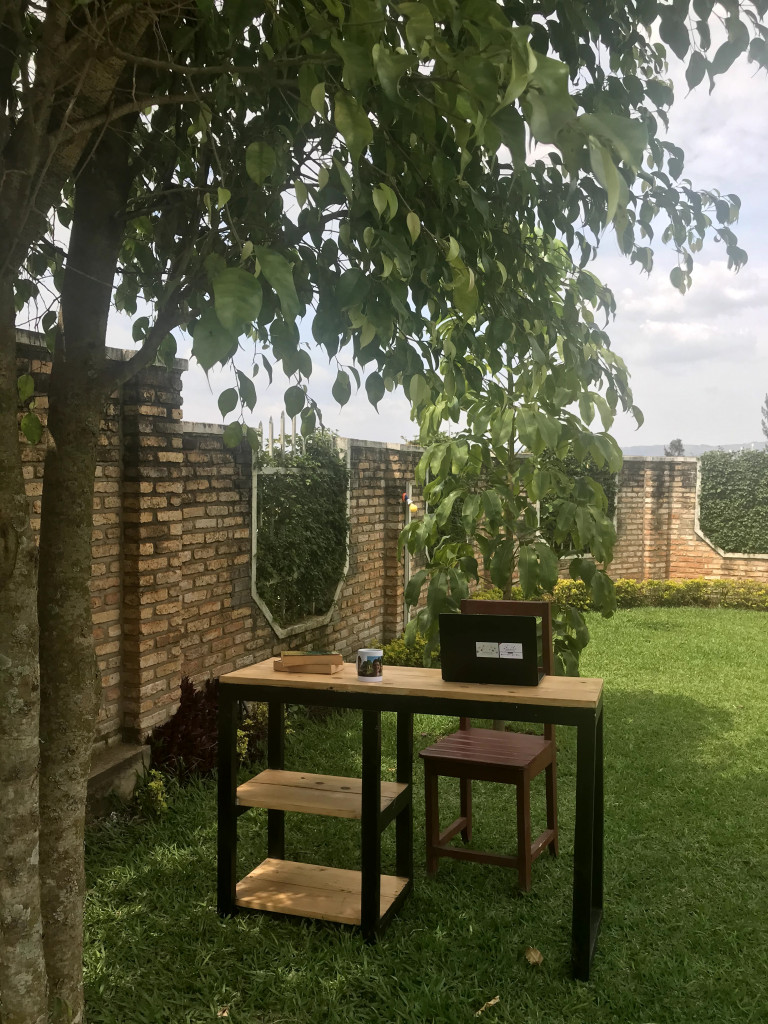When most of the countries in the world had gone into another lockdown due to Covid-19 in late fall last year, the situation in Rwanda still seemed stable and quite optimistic. Restaurants, cafés, markets and shops were still open, yet people had to be home by 22:00. The more we came closer to Christmas though, the stricter the rules became. Curfew came earlier from time to time, first 21:00, then 20:00 and around Christmas, it was eventually 18:00. Then, on 18 January, after the cabinet meeting, at around 20:30 the news were out – lockdown starting from next day, restaurants, bars, shops, businesses had to close, and we were allowed to leave the house only to do sports in the morning or to go to the closest supermarket in the area. Leaving the neighborhood was only allowed with a special permit that had to be requested online. Two weeks of working from home, long movie nights and doing sports in the garden started and to be honest – it was much easier for me to handle, personally, in comparison to the lockdown in Germany in spring last year. Warm weather and the fact that our shared house has a great garden simply help in this regard.
Yet despite the fact that the situation was doable for me –I had often been thinking about the motorcycle taxi drivers, shop owners, construction workers, tailors or all the people who work in rather informal sectors. From one day to the other, their salary was gone and the future was very uncertain.
On the 8th of February, the lockdown was finally partially lifted. The number of active Corona cases had fortunately decreased in those two weeks of lockdown and people were allowed to move around freely again. Curfew still starts at 19:00 and restaurants and cafés will only open this week (still no bars though), but at least, construction sites are working again, tailors are back on Kimironko market (only in shifts though) and (motorcycle) taxis can drive around town again. Schools and universities are reopening this week as well. Moving outside Kigali is only possible for touristic reasons or a special permit tough.
For me personally, the partial end of the lockdown also meant quite a great relief, as I had been planning to move to another apartment right when the restrictions had started. To be honest, moving in Rwanda can be a very interesting experience. At least it was for me – interesting and eye-opening how simple and fast some things simply work here, but also very exhausting and overwhelming at the same time. It started with a leaking roof (which I realized during one of the typical heavy tropical rain showers when suddenly small rivers of waters went down the walls), windows that just don’t want to close when it starts raining, to pipes that make a high squeaking sound whenever somebody turns on the faucet in the house, a gas oven with old cables that created quite a dangerous situation for myself. And at the same time, you have people who are there for you and do their best they can to make you feel home right away. My landlady and her family who live with me on the compound did an amazing job in bringing all the plumbers, painters and construction workers in, and my friends helped me move within seconds, after they had organized an old pick-up truck (I have never seen a pick-up that full and heavy loaded, but it all worked out, fortunately).
Communications remains a major challenge for me, to be honest. It is so impressive to see how the great majority in Rwanda does not only speak one or two languages, but they are often fluent in many. Most Rwandans speak English, Kinyarwanda and French, as well as the languages of the surrounding countries, such as Luganda, Swahili, Kirundi, Lingala or Runyankole. I started taking Kinyarwanda lessons twice a week last year and finished the beginner class in December. Since lockdown started, teaching has become difficult but my motivation is high to start with the intermediate level as soon as possible. Even the simplest sentences in Kinyarwanda to greet someone or to start a conversation have already helped me create a more personal situation in business meetings or professional gatherings.
And at the same time, I also want to show this beautiful country, that I really want to understand its people, its language and its culture.


